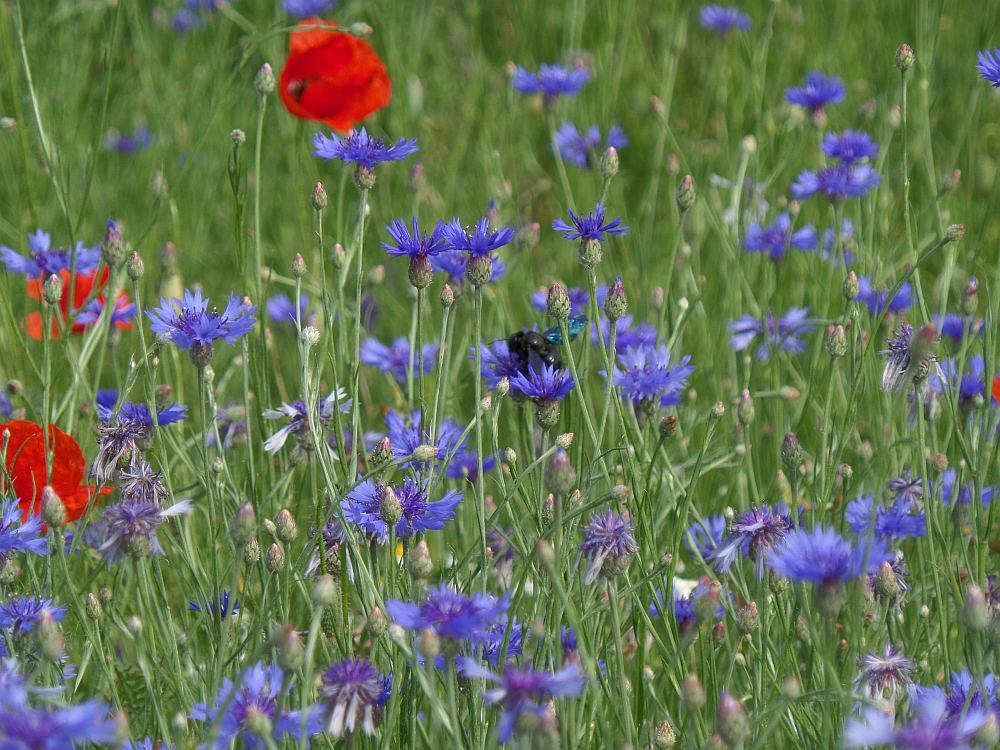"The Covid-19 pandemic has once again shown us the fundamental importance of ecosystems and biodiversity for our health and economic and social stability. Biodiversity is our life insurance: it supplies clean air and water, food, building material and clothing. It creates jobs and livelihoods. With the destruction of nature there is also the risk of disease outbreaks and pandemics. Saving biodiversity and global nature conservation is a key to preventing new infectious diseases. As President of the Council I am pleased that today we reached unanimous agreement on stepping up our efforts to address biodiversity loss." - Svenja Schulze, Federal Minister for the Environment, Nature Conservation and Nuclear Safety of Germany
Member states are deeply concerned about the global rate of biodiversity loss and recognise the need to step up efforts by addressing the direct and indirect drivers of biodiversity and nature loss, such as overexploitation of natural resources, climate change, pollution, invasive alien species and the way we use land and sea. The Council stresses that protecting, maintaining and restoring biodiversity and healthy, well-functioning ecosystems will contribute to boosting our resilience and prevent the emergence and spread of new diseases.
The conclusions adopted today give political guidance as regards the implementation of the strategy.
In its conclusions, the Council calls on the Commission to integrate EU biodiversity policy objectives in relevant future legislative proposals. It also reiterates the urgent need to fully integrate these objectives into other sectors such as agriculture, fisheries and forestry and a coherent implementation of EU measures in these fields.
The Council underlines that the new European biodiversity governance framework has to respect the subsidiarity principle and that all relevant proposals should be prepared and developed in cooperation with the member states.
The Council reaffirms the EU’s determination to lead by example in tackling the global biodiversity crisis and in developing an ambitious new UN global biodiversity framework at the UN Biodiversity Conference in 2021.
In addition, member states want a significant proportion of the 30% of the EU budget and Next Generation EU expenditures which are dedicated to climate action to be invested in biodiversity and nature-based solutions fostering biodiversity.
Source: Council of the EU

